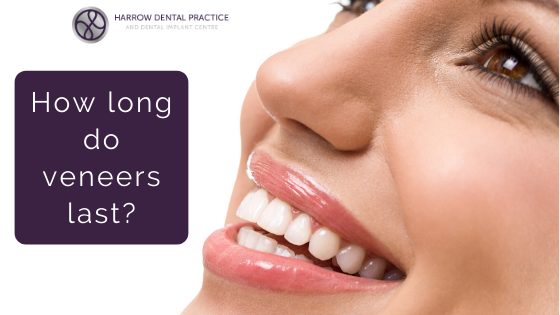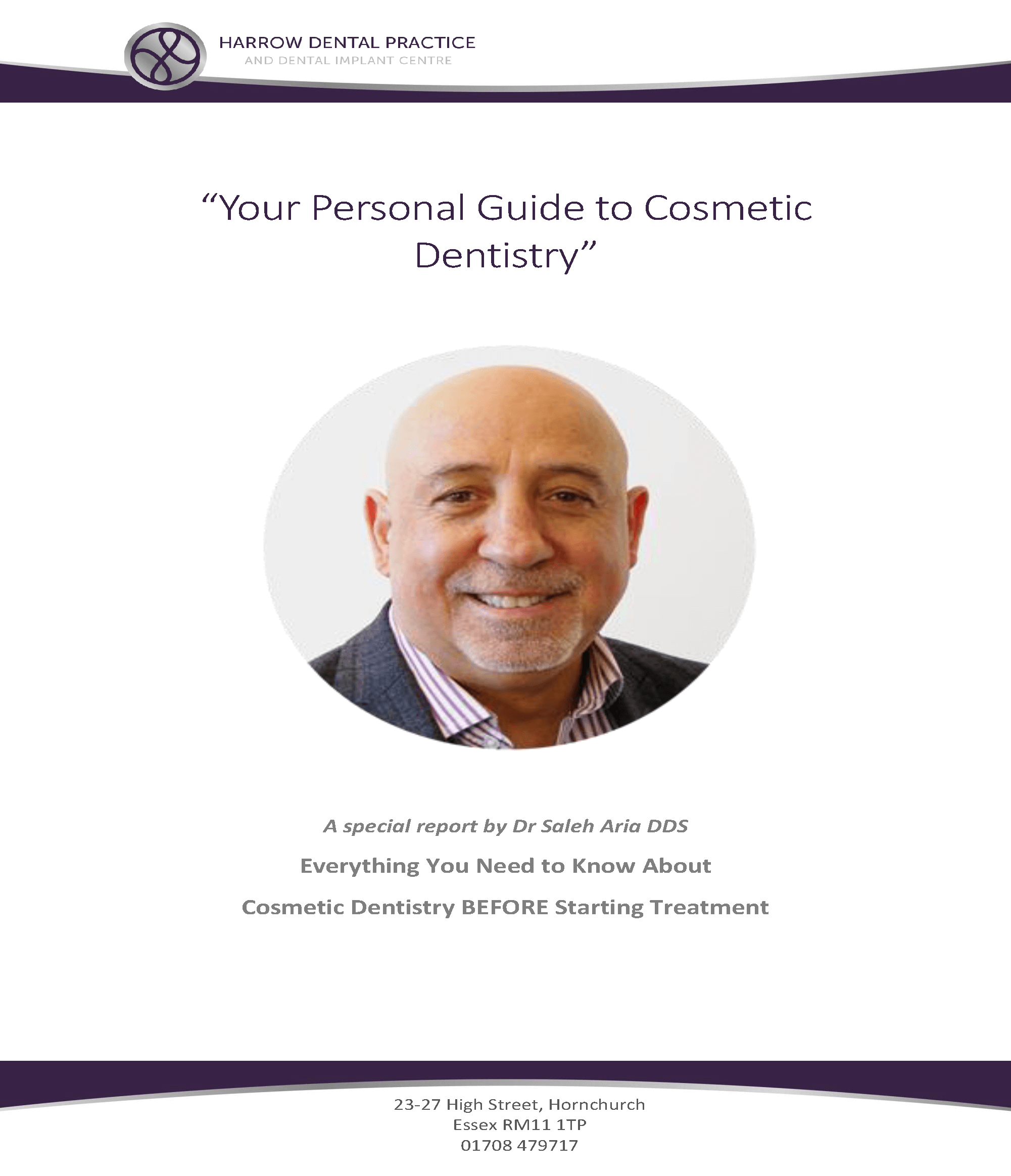Are you feeling self-conscious because of stained or chipped teeth? Do you wish to enjoy a beautiful and lasting smile? If the answer to these questions is a yes, then the solution to all your problems lies in cosmetic dentistry.
But, what would be the best cosmetic dentistry solution for fixing your damaged teeth? you may ask. The two most commonly used aesthetic dentistry options are dental veneers and teeth bonding. While these options are used for the same purpose, they differ from each other in many ways. So, how to choose between dental veneers and cosmetic bonding? This blog will help you decide! This blog explains everything you need to know about dental bonding and veneers, so that you can make an informed decision regarding your treatment. So, read on!
Should I Get Dental Veneers Or Dental Bonding?
To decide whether to go for dental bonding or veneers, one must first understand what these restorative options are. Dental bonding refers to a process of using a tooth-coloured, resin-based filling material to restore the structure, and aesthetics of damaged teeth. Bonded fillings are also called direct restorations, meaning that they are applied directly to teeth at the dental chairside. On the other hand, a veneer is a wafer-thin shell made of porcelain or composite resins that is fabricated in the dental laboratory and then bonded to the prepared teeth using adhesive.
So, now we answer the question about whether to choose veneers or bonding for restoring your teeth. The answer is simple: since dental veneers are prepared in the laboratory, they possess fewer structural and aesthetic defects than composite fillings. Hence, veneers possess superior aesthetics and are longer lasting. However, they are more expensive than bonded fillings.
Are Veneers Better Than Teeth Bonding?
Yes, veneers are better the bonded fillings in many aspects. First, veneers possess superior stain-resistance than composites. Therefore, they retain their aesthetics for a longer duration. Similarly, veneers, especially porcelain veneers are much stronger and durable than bonded restorations. So, if you are looking for excellent aesthetics and durability, veneers should be your choice over composites.
Can Dental Bonding Be Whitened?
Despite the good aesthetics of bonded restorations, one of their drawbacks is that they cannot be whitened through conventional teeth whitening procedures. This is because unlike a tooth surface that is porous, and is amenable to whitening with a bleaching agent, the surface of bonded restorations is not affected by the bleaching agents. Hence, the only solution to whiten a bonded filling is to repair it or replace it entirely.
Can Dental Veneers Be Whitened?
Like bonded fillings, composite- or porcelain-based veneers cannot be whitened, as the bleaching formula is ineffective on them. So, the only option to restore the aesthetics is to replace them.
What Are The Pros And Cons Of Dental Bonding?
Here are some of the pros and cons of dental bonding:
Pros of Dental Bonding
- Natural aesthetics – the shade and colour of bonded restorations can be precisely matched with the adjacent natural teeth.
- Cost-effective – composite bonded fillings are more cost-effective than veneers.
- Safety – composite restorations are safe and do not cause any untoward reaction in the oral cavity.
Cons of Dental Bonding
- Composite fillings get stained pretty easily
- Less durable than veneers
Can Dental Composite Bonding Cover Severe Fluorosis?
Fluorosis is when the dental enamel is damaged due to excessive fluoride intake during tooth development. Teeth affected with fluorosis typically have a mottled appearance and brownish shade. Unfortunately, such staining is very hard to remove with conventional teeth whitening. Therefore, the only solution for the aesthetic restoration of fluorosis-affected teeth is to composite fillings or veneers over them.
Is Tooth Bonding Safe And Permanent?
Like all dental restorations and prostheses, bonding is not permanent. The restoration starts to degrade mechanically and stains over time. As a result, they should either be repaired or replaced when needed. Typically, bonded restorations last for about 5 years, longer if they are looked after properly through oral hygiene maintenance and regular dental checkups.
Do Composite Veneers Ruin Your Teeth?
It is a common misconception that composite veneers damage the teeth. This is not correct; the fact is that, although a thin layer of the enamel is removed from the teeth to accommodate the veneers, this layer is so thin that it does not weaken the teeth or make them sensitive or cavity-prone. Hence, composite veneers do not damage one’s teeth if designed and bonded by an experienced cosmetic dentist.
What Are The Reasons Why Dental Bonding Is Worth It?
If you are thinking of getting your crooked or damaged teeth restored with dental bonding, here are some benefits of this procedure that will help you decide in their favour:
- Cost-effective – compared with veneers and dental crowns, dental bonding is cost-effective.
- Aesthetics – your dentist can easily match the shade and colour of your bonded restoration with your natural teeth. As a result, your bonded restorations will become virtually indistinguishable from your teeth. So, bonded restorations improve one’s smile and boost self-confidence.
- Repairability – even if bonded restorations get chipped or stained, they can be easily repaired in most cases. Alternatively, restorations can be replaced without damaging the underlying tooth structure.
Dental bondings are an excellent restorative option provided they are placed by an experienced and qualified cosmetic dentist. If you live in Hornchurch, Essex, or the suburbs, your best option is to visit Harrow Dental Practice, where we provide all dental services at affordable rates under one roof. So, contact us today to book your appointment and let us give you a smile that you genuinely deserve.





 A 22 page report full of the most useful information, ideal if you’re thinking about having dental veneers
A 22 page report full of the most useful information, ideal if you’re thinking about having dental veneers

 Teeth or dental veneers are usually made of one of 2 materials, either composite resin or ceramic. They are an extremely thin layer which sits over the front surface of your natural tooth and is custom designed to fit your tooth perfectly.
Teeth or dental veneers are usually made of one of 2 materials, either composite resin or ceramic. They are an extremely thin layer which sits over the front surface of your natural tooth and is custom designed to fit your tooth perfectly.